On May 7, within the framework of the Technical Assistance and Information Exchange (TAIEX) program implemented by the European Union (EU), a delegation of experts from Estonia and Finland had in-depth working sessions with the National Committee for Standards, Metrology and Quality (TDC), the Department of Innovation (SATI) and the Department of Legislation, Ministry of Science and Technology (MOST).
During the working sessions, EU experts shared their experiences in developing and implementing science , technology and innovation (STI) policies from a practical perspective, particularly emphasizing the importance of engaging with small and medium-sized enterprises, academia and the public sector throughout the policy-making process.
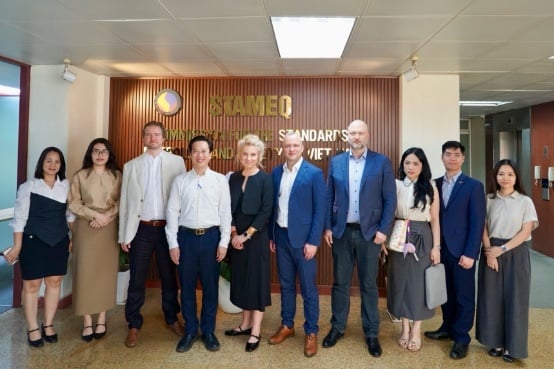
EU delegation works with the National Committee for Standards, Metrology and Quality.
Working with the National Committee for Standards, Metrology and Quality, the delegation focused on the role of standards in promoting innovation and sustainable development.
At the meeting, Mr. Ha Minh Hiep, Acting Chairman of the Committee, emphasized the need to develop early standards for new technologies such as artificial intelligence (AI), Internet of Things (IoT) and clean energy. Experience from the EU shows that developing standards based on early and multi-dimensional participation is the key to ensuring efficiency and practicality. Vietnam is also gradually approaching international standards, including accepting verification documents from foreign organizations, a move that the EU positively evaluates in the process of integrating into the global value chain.
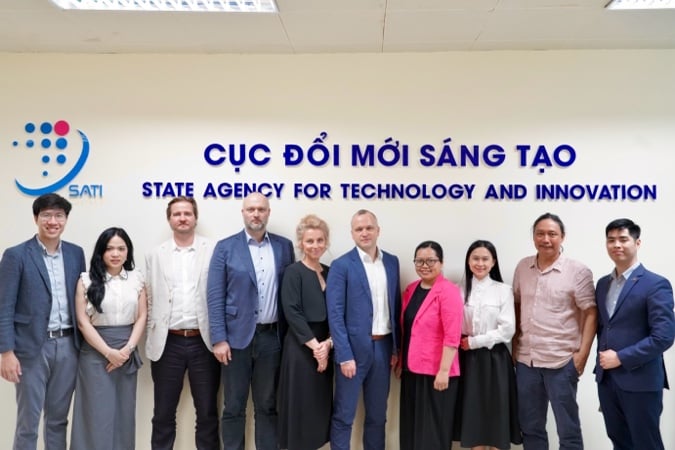
EU Delegation working with the Innovation Agency.
At the working session with the Department of Innovation, the controlled policy testing model (sandbox) successfully deployed in Estonia and Finland in the fields of fintech, digital health and open data received special attention.
According to the representative of the Department of Innovation and Creativity, this is a valuable experience to refer to in the process of building a sandbox model suitable for Vietnam. In addition, the application of AI in the management and assessment of business innovation capacity was also discussed in depth. Estonia and Finland have used AI to analyze data, supporting strategic decision making. Currently, Vietnam also has a need to develop similar tools to optimize resource allocation and measure the effectiveness of research and innovation activities.
During the working session with the Department of International Cooperation and the Department of Legal Affairs, the parties discussed the design of a legal system and financial mechanism to effectively support STI and summarized the activities of the Taiex expert group. The EU shared effective policy tools such as: R&D tax exemption/reduction, high-risk project funding, innovative technology procurement law and public-private co-investment. According to Ms. Vu Thi Tu Quyen, Deputy Director of the Department of International Cooperation, Vietnam is researching to build a comprehensive policy framework while improving transparency in implementation.
To solve the problem of innovative human resources, Estonia and Finland are implementing fast-track visa policies, long-term scholarships and programs to attract overseas experts. Both countries emphasize the role of a modern, friendly and internationally connected research ecosystem. These are important suggestions for Vietnam in the context of increasingly fierce global competition for high-quality resources.
The governance of public research institutes was one of the topics discussed in depth, with a focus on transforming the funding model linked to output efficiency and national target orientation. A flexible approach, measuring results and strengthening links with businesses is recommended by the EU as an inevitable direction to enhance the role of research institutes in the national innovation chain.
This visit not only helps Vietnam access advanced policy models but also opens up opportunities for deeper cooperation with the European Union in the field of science and technology. The representative of the EU delegation affirmed its commitment to continue supporting Vietnam on its journey to a knowledge-based and innovation-based economy, through policy dialogue, capacity building and enhanced international connectivity./.
Source: https://mst.gov.vn/viet-nam-hoc-gi-tu-chau-au-trong-xay-dung-chinh-sach-khoa-hoc-cong-nghe-va-doi-moi-sang-tao-197250508165443059.htm





![[Photo] Where the history of resistance comes alive with modern technology at "95 years of the Party Flag lighting the way"](https://vphoto.vietnam.vn/thumb/1200x675/vietnam/resource/IMAGE/2025/9/12/81c1276f52b849c8b16e2d01dd1c85e4)

![[Photo] General Secretary To Lam chairs the Politburo's working session with the Standing Committee of the National Assembly Party Committee](https://vphoto.vietnam.vn/thumb/1200x675/vietnam/resource/IMAGE/2025/9/11/e2033912ce7a4251baba705afb4d413c)
![[Ảnh] Chủ tịch nước Lương Cường tiếp Bộ trưởng Quốc phòng Thổ Nhĩ Kỳ Yasar Guler](https://vphoto.vietnam.vn/thumb/1200x675/vietnam/resource/IMAGE/2025/9/11/7f1882ca40ac40118f3c417c802a80da)













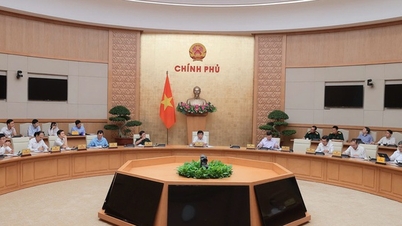
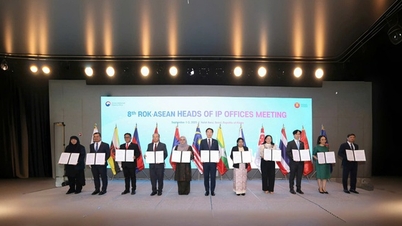
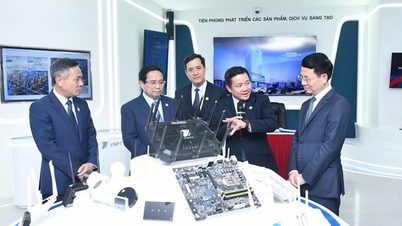
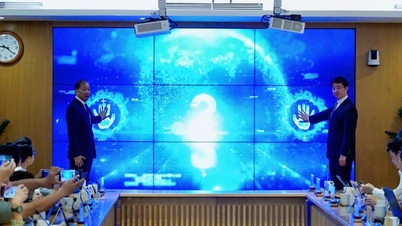



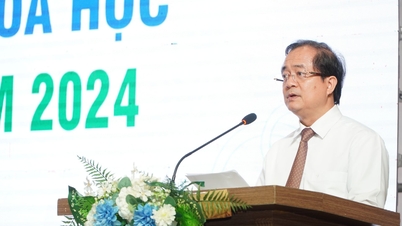










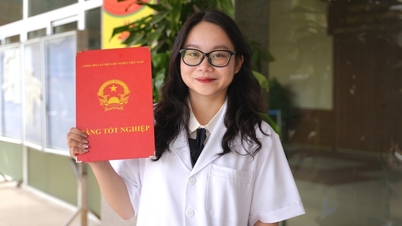








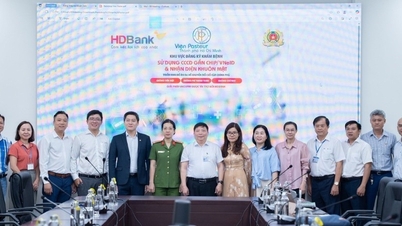

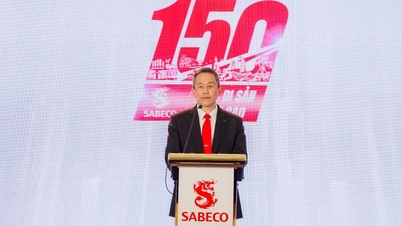



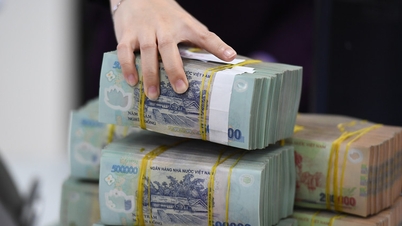





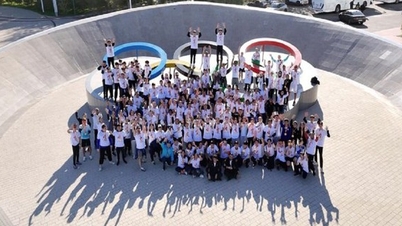

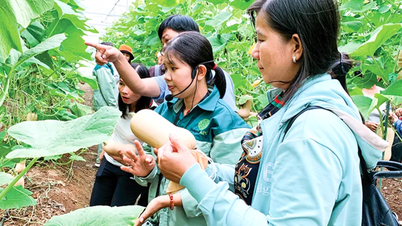










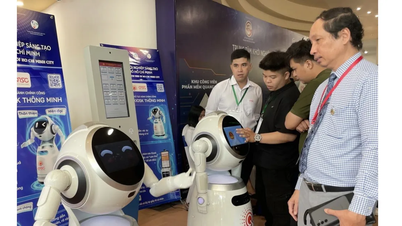



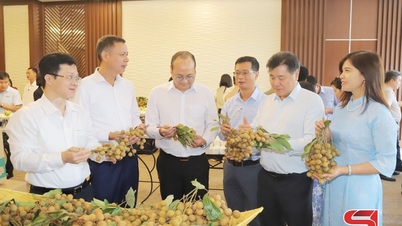


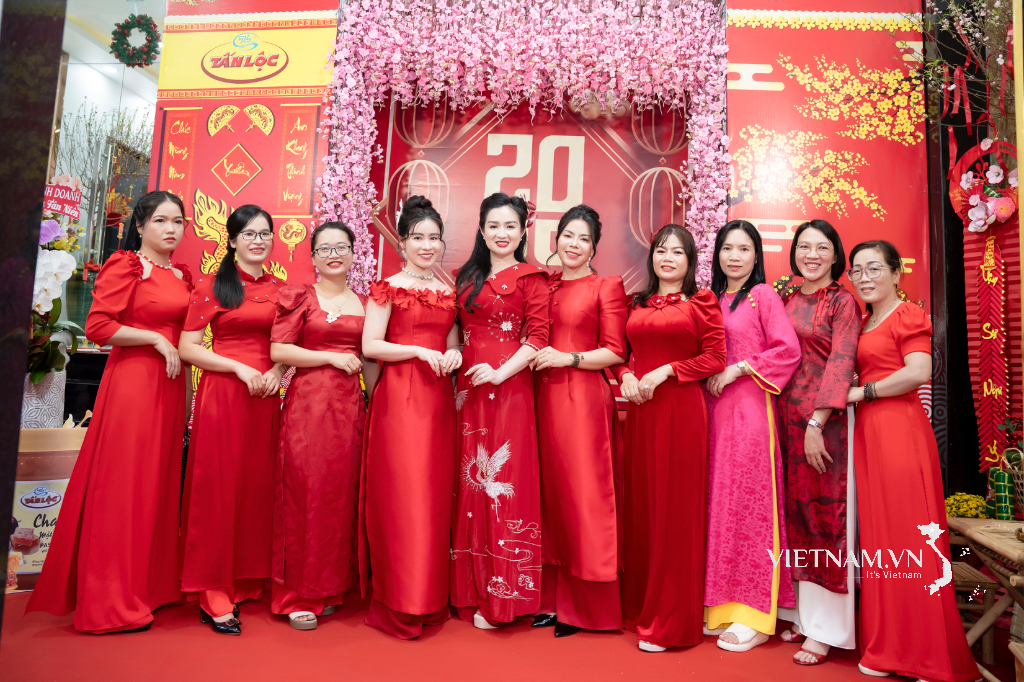



Comment (0)